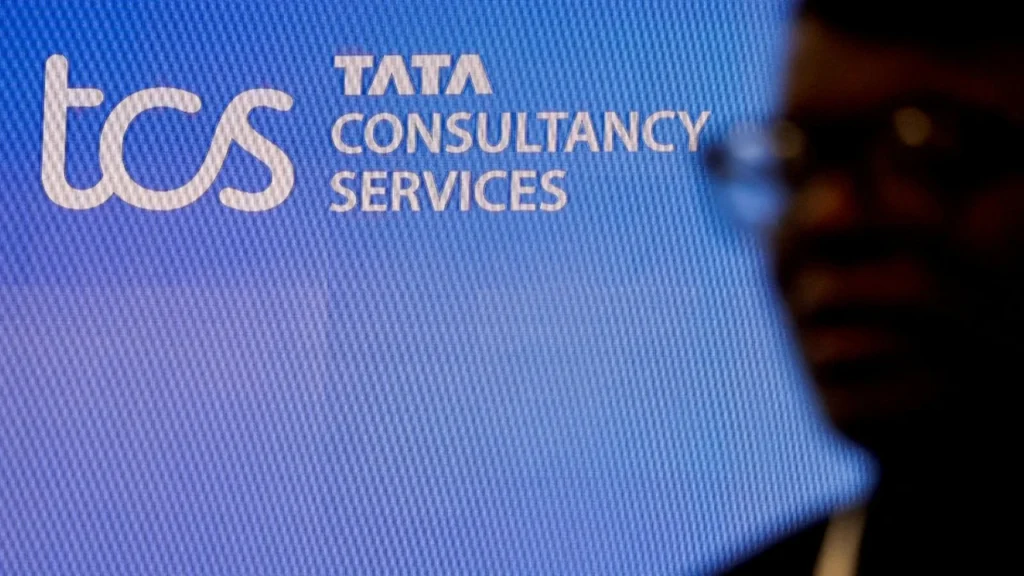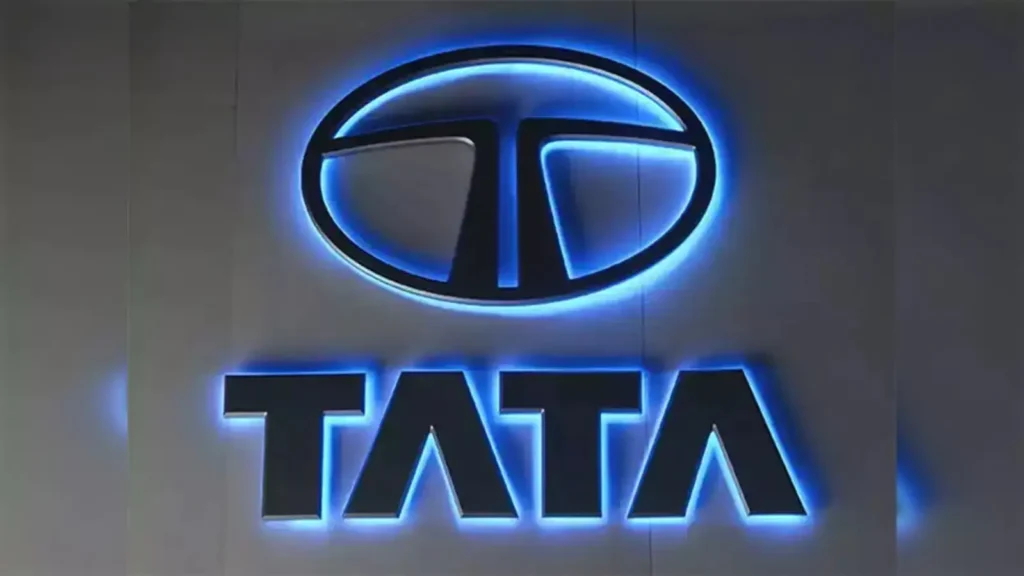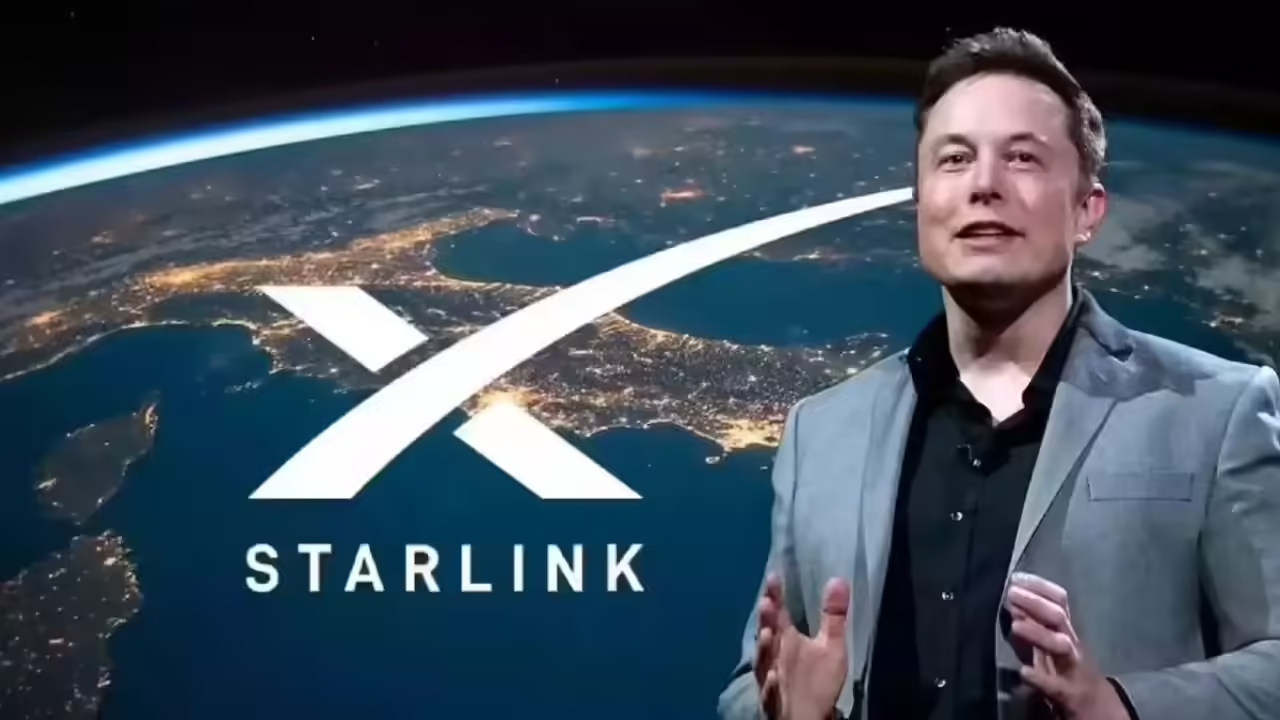Now Reading: EU Accuses Meta and TikTok of Violating Digital Services Act; Companies Dispute Findings
-
01
EU Accuses Meta and TikTok of Violating Digital Services Act; Companies Dispute Findings
EU Accuses Meta and TikTok of Violating Digital Services Act; Companies Dispute Findings

The European Commission has accused TikTok and Meta’s platforms, Facebook and Instagram, of breaching transparency rules under the EU’s Digital Services Act (DSA). These allegations could lead to significant fines for the companies. In response, both Meta and TikTok have contested the Commission’s findings, arguing that they are in ongoing negotiations to ensure compliance with the DSA.
Background of the Digital Services Act
The DSA, implemented to regulate online platforms, mandates that tech companies provide clear mechanisms for reporting illegal content and challenging moderation decisions. It also requires platforms to grant researchers access to data for studying systemic risks. The European Commission’s recent findings suggest that TikTok and Meta have failed to meet these transparency obligations.
Companies’ Response
Meta and TikTok have expressed disagreement with the Commission’s assessment. They emphasize their ongoing efforts to align with the DSA’s requirements and engage in discussions with EU regulators to address any concerns. Both companies assert their commitment to ensuring user safety and content integrity on their platforms.
Implications for Indian Users
While the immediate impact on Indian users may be limited, the situation highlights the global nature of digital regulations and their potential effects on users worldwide. For Tier 2 cities in India, where social media platforms play a significant role in communication and business, such regulatory developments could influence the availability and operation of these services.
Conclusion
The European Commission’s allegations against Meta and TikTok underscore the increasing scrutiny of tech companies’ operations and their adherence to digital regulations. As these companies navigate compliance challenges, users and stakeholders worldwide, including those in India, will be closely monitoring the outcomes and their implications for digital services.

























